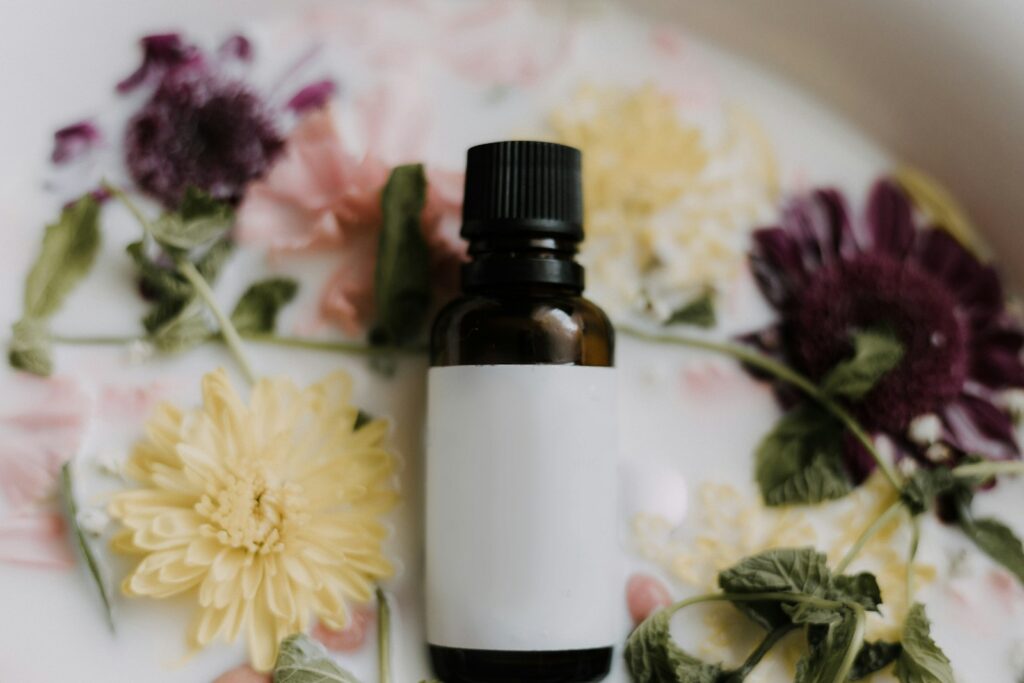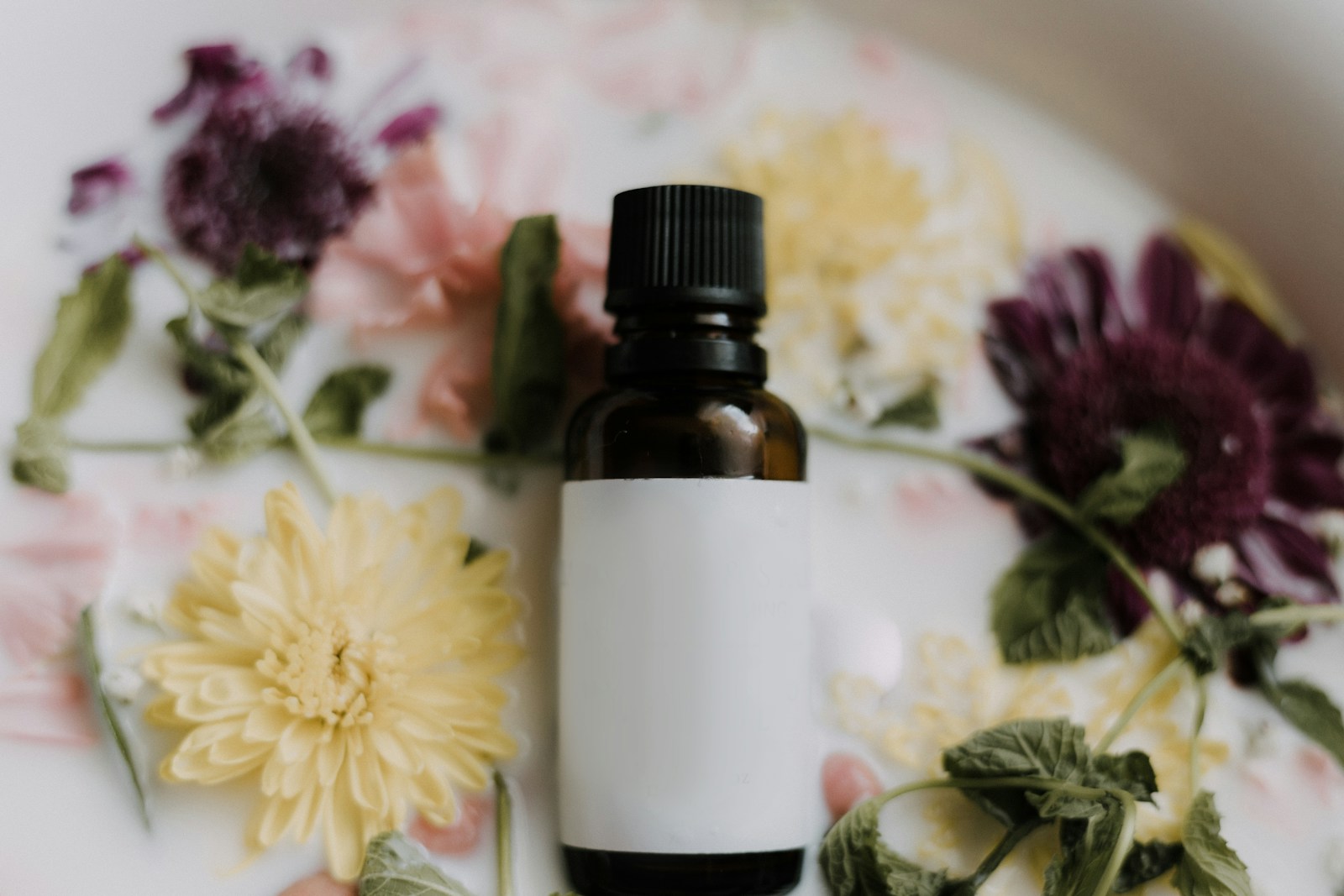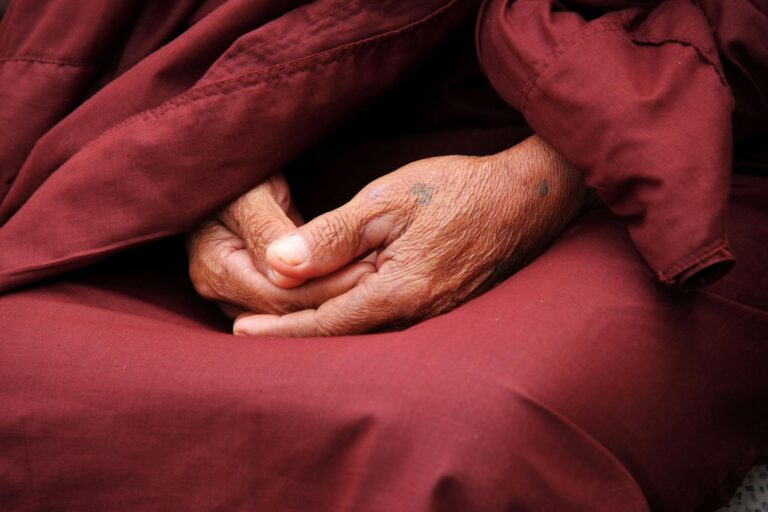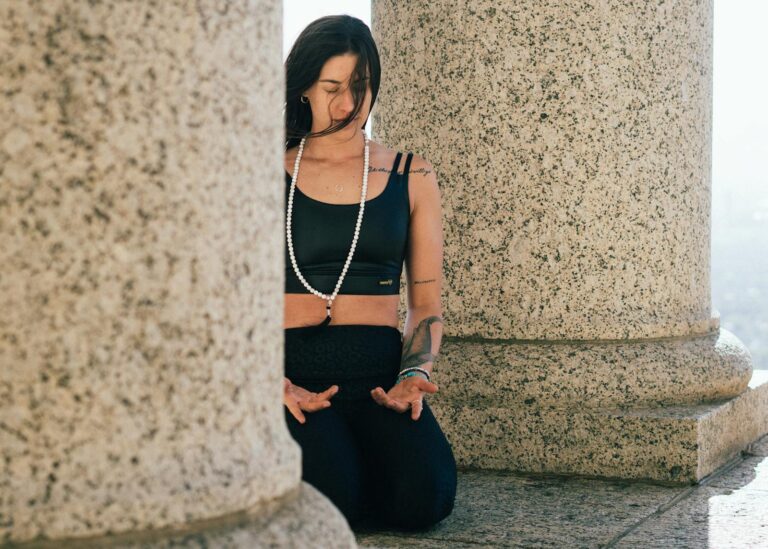Top 5 Natural Remedies for Anxiety Relief
Introduction
Anxiety is a common experience that can range from mild to severe. It can cause physical symptoms such as sweating, trembling, and racing heart, as well as mental symptoms such as worry, fear, and irritability.
While anxiety can be a normal response to stress, it can become a problem when it interferes with everyday life.
There are many different natural remedies that can help to relieve anxiety. These include exercise, yoga, meditation, diet, and supplements.
In this article, we will discuss the different natural remedies for anxiety relief and how they can help.
What is Anxiety?

Anxiety is a normal human emotion that everyone experiences from time to time. It can be caused by a variety of things, such as stress, fear, or uncertainty. However, when anxiety becomes excessive and interferes with daily life, it can be considered a disorder.
Anxiety disorders are the most common mental illness in the United States, affecting an estimated 40 million adults.
They can range from mild to severe, and can cause a variety of symptoms, including:
- Feeling nervous or on edge
- Having trouble concentrating
- Being easily fatigued
- Having difficulty sleeping
- Having muscle tension or aches
- Experiencing heart palpitations or sweating
- Feeling dizzy or lightheaded
- Having difficulty breathing
- Having a sense of impending doom
If you are experiencing any of these symptoms, it is important to talk to your doctor. Anxiety disorders can be treated effectively with therapy, medication, or a combination of both.
Symptoms of Anxiety
Anxiety is a common experience that can range from mild to severe. It can cause physical, emotional, and behavioral symptoms.
Physical symptoms of anxiety can include:
- Increased heart rate
- Rapid breathing
- Sweating
- Trembling
- Chest pain
- Nausea
- Diarrhea
Emotional symptoms of anxiety can include:
- Feeling on edge
- Worrying excessively
- Feeling restless or agitated
- Feeling overwhelmed
- Feeling panicky or fearful
- Feeling hopeless or worthless
Behavioral symptoms of anxiety can include:
- Avoiding certain situations
- Withdrawing from social activities
- Being irritable or angry
- Having difficulty concentrating
- Sleeping problems
- Loss of appetite
If you are experiencing any of these symptoms, it is important to talk to your doctor.
Anxiety can be treated effectively with therapy, medication, or a combination of both.
Causes of Anxiety
Anxiety is a common experience that can range from mild to severe. It can be caused by a variety of factors, including:
- Genetics
- Life experiences
- Medical conditions
- Medications
- Stress
Genetics can play a role in anxiety, as some people are more likely to develop anxiety disorders than others.
Life experiences, such as childhood trauma, can also lead to anxiety. Medical conditions, such as hyperthyroidism and heart disease, can also cause anxiety.
Certain medications, such as stimulants and steroids, can also trigger anxiety. And finally, stress can be a major cause of anxiety.
It is important to note that anxiety is not a sign of weakness or a personal failing. It is a real medical condition that can be treated. If you are struggling with anxiety, it is important to talk to your doctor or mental health professional.
Natural Remedies for Anxiety Relief

There are many natural remedies that can help to relieve anxiety. Some of the most common include:
Each of these remedies has been shown to have some effect on anxiety, although the results may vary from person to person.
It is important to experiment with different natural remedies for anxiety relief until you find what works best for you.
- Exercise
- Yoga
- Meditation
- Diet
- Supplements
Here is a more detailed look at each of these natural remedies:
Exercise
Exercise is a great way to relieve stress and anxiety. When you exercise, your body releases endorphins, which have mood-boosting effects.
Exercise can also help to improve your sleep, which can help to reduce anxiety levels.
If you are new to exercise, start slowly and gradually increase the intensity and duration of your workouts over time.
It is also important to find an exercise that you enjoy, as this will make it more likely that you will stick with it.
Yoga
Yoga is a mind-body practice that can help to reduce stress and anxiety. Yoga poses can help to stretch and strengthen your muscles, and the breathing exercises can help to calm your mind.
Yoga can also help to improve your balance and flexibility.
If you are new to yoga, it is a good idea to start with a beginner class.
There are many different types of yoga, so you can find one that fits your needs and interests.
Meditation
Meditation is a practice that can help to calm your mind and reduce stress. Meditation can also help to improve your focus and concentration.
There are many different types of meditation, so you can find one that fits your needs and interests.
If you are new to meditation, it is a good idea to start with a guided meditation. There are many different guided meditations available online and in books.
Diet
What you eat can have a significant impact on your mood and energy levels.
Eating a healthy diet that is rich in fruits, vegetables, and whole grains can help to improve your overall health and well-being. It can also help to reduce anxiety levels.
Some of the best foods for reducing anxiety include:
- Oats
- Bananas
- Salmon
- Dark chocolate
- Green tea
It is also important to avoid foods that can trigger anxiety, such as caffeine, alcohol, and sugar.
Supplements
There are a number of supplements that can help to relieve anxiety. Some of the most common include:
- GABA
- Valerian root
- Chamomile
- L-theanine
- Magnesium
It is important to talk to your doctor before taking any supplements, as some of them can interact with medications.
If you are struggling with anxiety, it is important to seek professional help. A therapist can help you to identify the root of your anxiety and develop coping mechanisms.







